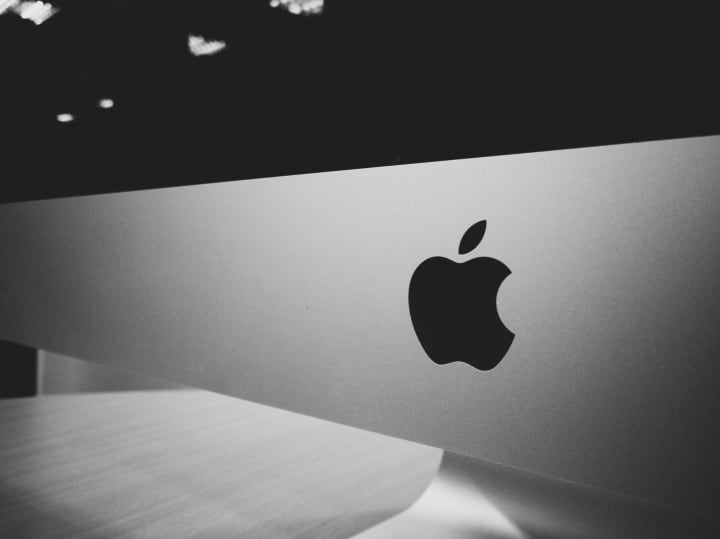
Spyware: The Stealthy Intruder Threatening Your Privacy
Imagine a program secretly watching your every move online, recording your keystrokes, and sending your browsing history to someone else. That's the unsettling reality of spyware. Disguised as legitimate software, spyware infiltrates your device to steal sensitive information and wreak havoc on your privacy.
What exactly is spyware?
Spyware is a malicious software program designed to gather information from your device without your knowledge or consent. This information can range from your browsing habits and online purchases to your login credentials and financial details. Spyware transmits this stolen data to a third party, often criminals, who can exploit it for various malicious purposes.
How does spyware infect your device?
Spyware can infiltrate your device through various deceptive tactics. Here are some common methods:
• Deceptive downloads: Clicking on malicious links or downloading infected attachments can install spyware on your device.
• Bundled software: Spyware might be bundled with seemingly legitimate software you download for free.
• Drive-by downloads: Simply visiting a compromised website can unknowingly download spyware onto your device.
What are the signs of a spyware infection?
• Unexplained pop-up ads and browser redirects
• Slower device performance and frequent crashes
• Unknown programs running in the background
• New browser toolbars or extensions you didn't install
• Difficulty shutting down your device
Protecting yourself from spyware:
• Be cautious when downloading software, only use trusted sources.
• Avoid clicking on suspicious links or opening unknown attachments.
• Install a reputable anti-spyware program and keep it updated.
• Practice good password hygiene and enable two-factor authentication.
• Stay informed about the latest spyware threats.

On April 10th, 2024, Apple sent shivers down some iPhone users' spines with a new security notification. The alert warned of a potential mercenary spyware attack, a highly sophisticated form of hacking targeting specific individuals. But what exactly does this mean, and how can you protect yourself?
Understanding Mercenary Spyware
Unlike common malware, mercenary spyware isn't a mass-produced threat. These custom-built tools cost millions to develop and target a select few, often journalists, activists, or high-profile individuals. Their goal? Stealing sensitive data, communications, and even camera or microphone access.
Apple's Threat Notification: A Heads-Up
Apple's notification system is a significant step in user protection. If they detect suspicious activity linked to mercenary spyware, they'll directly notify affected users via email, iMessage, and a pop-up on their Apple ID account page. This notification serves as a crucial warning to take immediate action.
Protecting Yourself
If you receive an Apple spyware threat notification, don't panic. Here's what to do:
• Follow Apple's Recommendations: The notification will likely include steps like changing your Apple ID password and enabling two-factor authentication.
• Seek Expert Help: Apple recommends contacting security experts at Access Now for further guidance.
• Stay Vigilant: Mercenary spyware is constantly evolving. Keep your iPhone software updated and be cautious of suspicious links or attachments.
By understanding the threat and taking proactive measures, you can significantly reduce your risk of falling victim to a mercenary spyware attack. Remember, staying informed and vigilant is your best defense.
Fortress iPhone: Protecting Against Mercenary Spyware and Leveraging Apple's Security
In today's digital landscape, sophisticated cyber threats loom large. Mercenary spyware, developed by private firms for targeted attacks, poses a significant risk for high-profile individuals and organizations. But fear not, iPhone users! Apple prioritizes user security, offering robust built-in safeguards and a powerful new tool: Lockdown Mode.
Understanding mercenary spyware is crucial. Unlike traditional malware, these threats are highly customized, exploiting vulnerabilities in specific devices and software. This makes them incredibly difficult to detect. However, Apple's commitment to user privacy shines through.
Firstly, Apple constantly updates its operating systems, patching security holes that could be exploited by spyware. Keeping your iPhone updated is essential. Secondly, Apple offers industry-leading security features like Secure Enclave, which shields your data with hardware encryption.
Now, let's delve into Lockdown Mode, a game-changer for targeted attack protection. Introduced in iOS 16, Lockdown Mode significantly restricts certain functionalities, minimizing potential attack surfaces. While it may limit some conveniences, it offers an unparalleled level of security for users at high risk.
Remember, strong security hygiene remains paramount. Utilize strong, unique passwords and enable two-factor authentication wherever possible. Be cautious of suspicious links and attachments, and consider Lockdown Mode if you suspect you might be a target.
By understanding the threat and leveraging Apple's security measures, you can significantly fortify your iPhone against mercenary spyware attacks.
About the Creator
sanjeevan
I'm a blogger and knowledge about blogging is a valuable asset in today's digital world. Blogging is a powerful way to share your voice and expertise, build a following, and establish yourself as a thought leader in industry.





Comments (1)
Very interesting!